How to improve tools for accessible ebooks remediation?
In recent years, digital accessibility has gained significant importance, especially with the impending enforcement of Directive 2019/882, also known as the European Accessibility Act (EAA). Ebooks fall under the purview of this directive, making it crucial for publishers to ensure accessibility across their digital offerings. While some publishers have begun producing born-accessible ebooks, addressing accessibility issues in previously published backlist titles remains a challenge.
This is where a variety of tools and solutions come into play, ranging from software and platforms to cloud-based applications and APIs. These tools aim to transform inaccessible ebooks into accessible versions, aligning them with European legislation and international accessibility standards.
The ABE Lab project
European Digital Reading Lab (EDRLab), Fondazione LIA and Koninklijke Bibliotheek the National Library of the Netherlands are proud partners of the Creative Europe-funded project, Accessible Backlist Ebooks Laboratory (ABE Lab). The primary goal of the ABE Lab project is to provide guidelines to European publishers to boost the remediation of the ebooks from their backlist. As part of this initiative, the ABE Lab team extensively researched and tested various remediation tools available on the market.
ABE Lab’s guidelines for remediation tools producers
ABE Lab’s white paper, “Guidelines for Remediation Tools Producers,” offers valuable insights and high-level guidelines based on the team’s findings. Created as a resource for producers and developers of remediation tools, it outlines the key requirements necessary for effective remediation processes. It allows developers to independently evaluate their remediation tools, improve them through the integration of new features and design new tools that offer the functionalities and support necessary to produce fully accessible ebooks starting from inaccessible versions. Overall, these guidelines aim to improve the tools support for human operators to streamline the remediation with simplicity and intuitiveness.
Document key points:
The white paper addresses three main aspects:
- High-level guidelines highlighting the importance of finding, correcting and verifying accessibility problems in e-books and discussing the functionality required to deal effectively with the most common accessibility problems.
- Pieces of information that producers and developers should provide about their tool to allow customers to make the right choice;
- A checklist designed to assess the remediation features of the tools, covering metadata, graphical resources, stylistic aspects, textual content, document structure, navigation and sparse content for EPUB and PDF.
The Guidelines for remediation tools producers are accessible online and available for download from the Deliverable section of the ABE Lab website.
Stakeholders and developers are encouraged to leverage this resource to enhance the functionalities of their remediation software and applications.
For any inquiries or feedback, contact the ABE Lab Project Core Team at contact@abelab.eu.
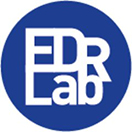
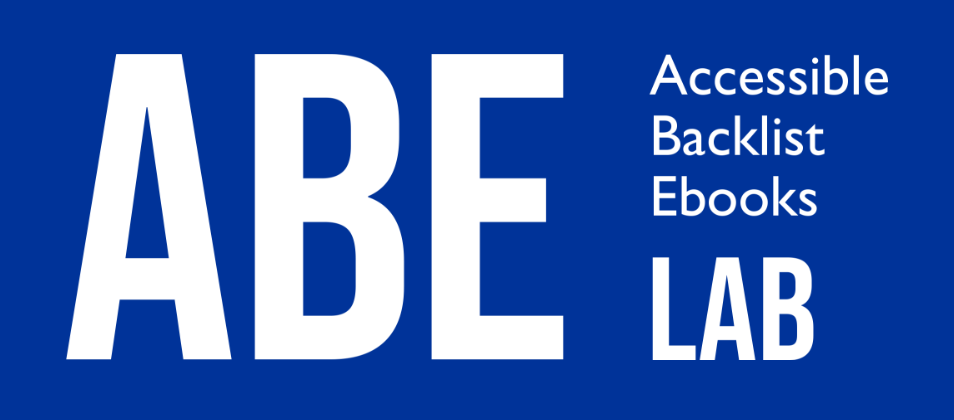
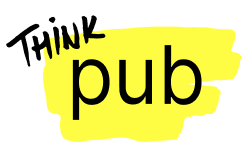

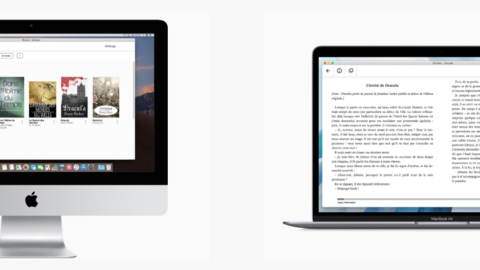

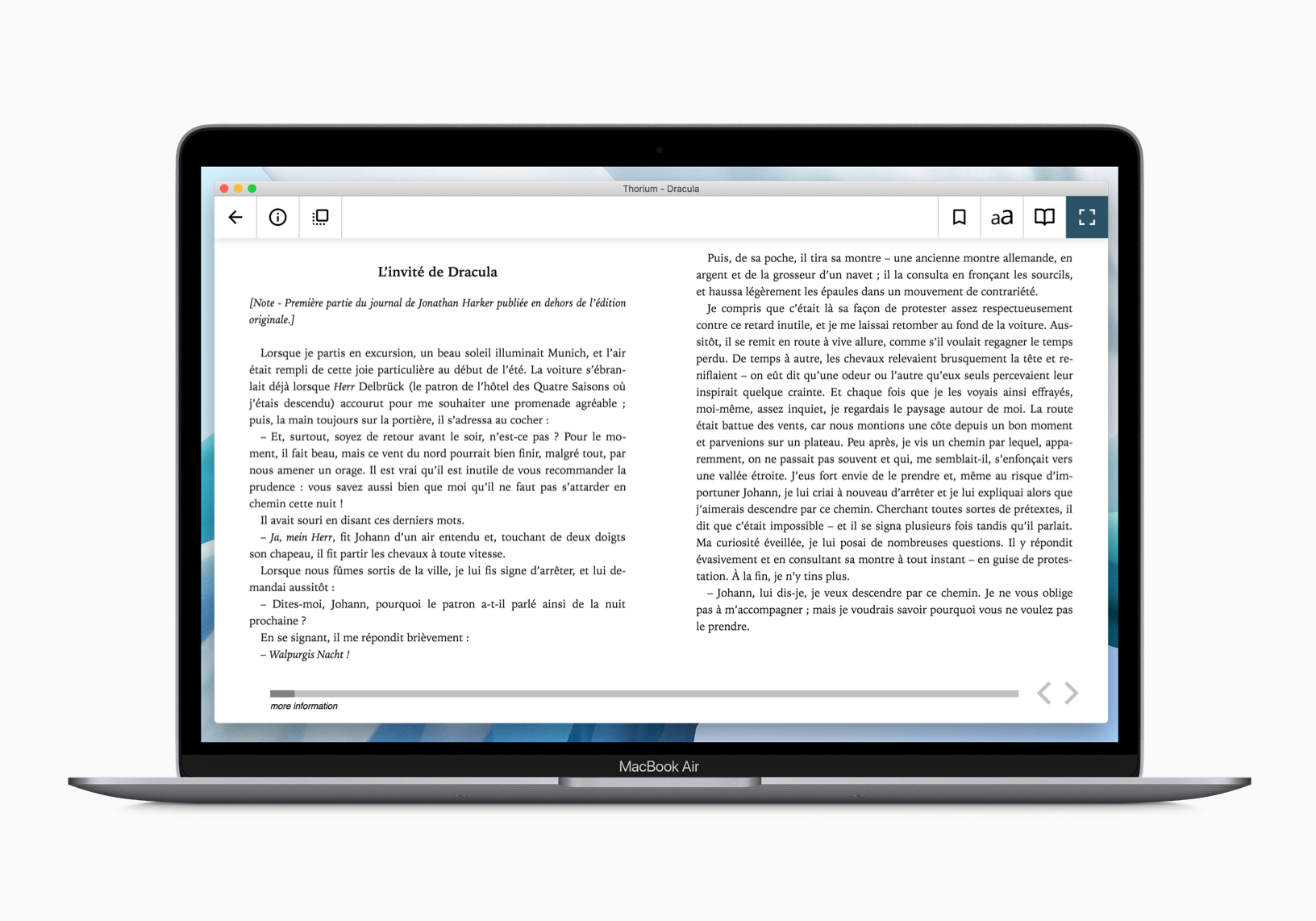
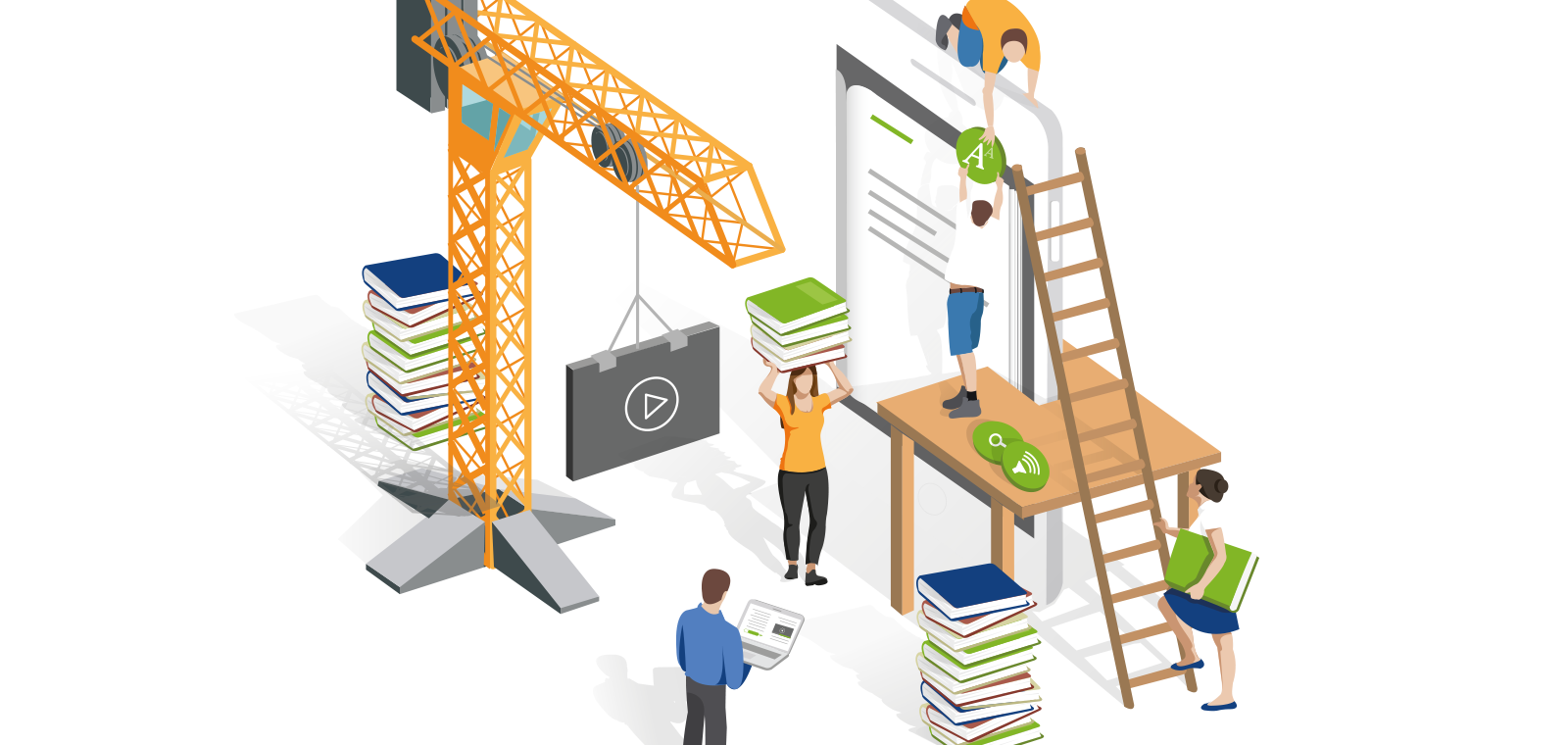






 contact@edrlab.org
contact@edrlab.org +33 1 83 64 41 34
+33 1 83 64 41 34
